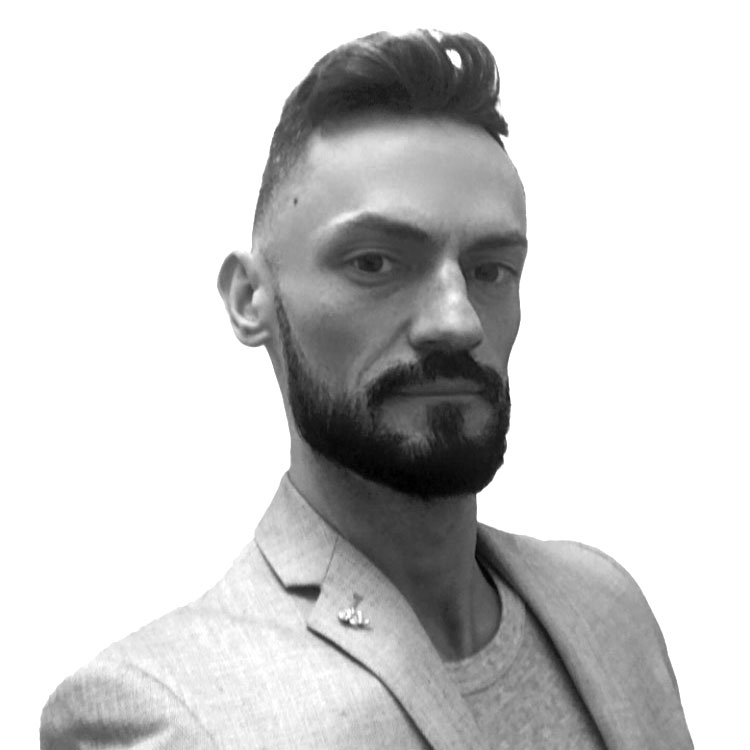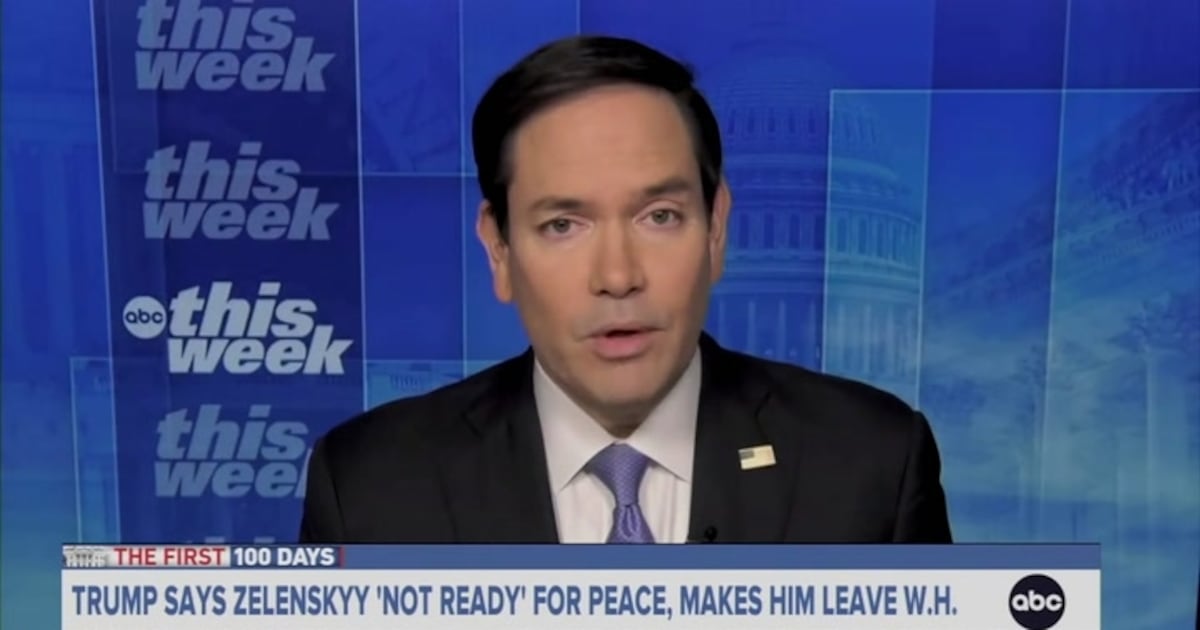Elon Musk apparently hung up on a group of journalists during a Twitter Spaces event after attempting to discuss the banning of several high-profile accounts that had reported critically on him and his takeover of the platform.
Following its suspension of @ElonJet, the aptly named Twitter account tracking the activity of Elon Musk’s private jet via public information, the platform abruptly suspended the accounts of several journalists from CNN, The New York Times, The Washington Post and more—all of whom had covered the account in one way or another.
The accounts, which were accused of engaging in “doxxing”—as Elon Musk described it—will receive a temporary seven-day suspension, he confirmed late Thursday night.
“Some time away from Twitter is good for the soul,” Musk said.
Liberal journalist Aaron Rupar, Ryan Mac of the Times, Drew Harwell of the Post and CNN’s Donie O’Sullivan were booted Thursday night. The accounts for Keith Olbermann, Twitter competitor site Mastodon, and Mashable’s Matt Binder were also suspended. More followed, including The Intercept’s Micah Lee and the anarchist news site, It’s Going Down. Flight tracker @absbexchange was also gone as well as reporter Steve Herman of Voice of America.
Freelance journalist Tony Webster was also chopped, posting the confirmation on Mastodon. “My Twitter account has been suspended,” he wrote alongside a screenshot. In a follow-up post he wrote: “I have not received any other explanation, nor identification of the rule supposedly violated.”
Rupar also told NBC News that he had “no idea” what prompted the suspension.
Just hours after the purge, Musk appeared in a brief Twitter Spaces event with a group of journalists, hosted by Buzzfeed’s Katie Notopoulos. Notopolous’ account remains active—however Harwell and other suspended reporters, including Matt Binder, were able to join the Twitter Spaces conversation due to an apparent glitch in the platform. Jack Sweeney, the college-age founder of the @ElonJet account, was also there.
“As I’m sure everyone who has been doxxed would agree, sharing real-time information about somebody’s location is inappropriate and I think everybody on this panel would not like that to be done to them. There is not going to be any distinction in the future between journalists and regular people, everyone is going to be treated the same. You’re not special because you’re a journalist. You’re a citizen, so no special treatment. You’re doxxed, you get suspended, end of story. And trying to be clever about it, like ‘oh I posted a link to the realtime information,’ is obviously simply trying to evade the meaning. It is no different.”
“I never posted your address,” Harwell later told Musk.
“You posted a link to the address,” Musk replies.
“In the course of reporting about ElonJet we posted links to ElonJet which are now not online and are now banned on Twitter,” Harwell replies. “And Twitter also of course marks even the Instagram and Mastodon accounts of ElonJet as harmful using—we have to admit and acknowledge—using the same exact link blocking technique that you have criticized as part of the Hunter Biden New York Post story in 2020. So what is different here and there?”
Musk replied: “It’s no more acceptable for you than it is for me, same thing, so any way.”
Harwell: “So it’s unacceptable what you’re doing?”
Musk: “No. You’re doxxed. You get suspended. End of story. That’s it.”
Notopoulos then began asking Musk another question, but was met by crickets. “Oh. I think Elon has left,” she remarked.
As a discussion ensued between the journalists after Musk’s departure, the stream suddenly disappeared. “Sorry it appears the Space cut out, screen went suddenly blank on my end and everyone got booted,” Notopoulos wrote. The recording was also unavailable.
Before the sudden exit, @ElonJet’s Sweeney said he was unfazed. “Just because there’s always going to be people in the world that don’t like something you’re doing. I’m not going to stop doing what I enjoyed. I’ve said this even back in the day when it first came out. It’s the same case now, and it it really hasn’t changed since.”
Just one day prior, CNN’s O’Sullivan interviewed Sweeney, a 20-year-old college student, who revealed more details of Twitter’s attempts to shut down the account. The @ElonJet handle had long rankled Musk, Sweeney revealed in his interview with O’Sullivan. The account was briefly reactivated Wednesday night but was shut down again shortly after.
CNN released a terse statement after the suspension, noting, “impulsive and unjustified suspension is concerning but not surprising. Twitter’s instability and volatility should be of incredible concern for everyone who uses Twitter. We have asked Twitter for an explanation, and we will reevaluate our relationship based on that response.”
O’Sullivan subsequently appeared on CNN, claiming Musk “seems to be stamping out accounts that he doesn’t like.”
“In terms of me personally and many of the national reporters... we’re okay. I’m on The Anderson Cooper Show. We have a platform. Just like when Trump got kicked off, we can post elsewhere. I think this is important,” he said, though described the move could have a “chilling impact” for freelance journalists, independent journalists and journalists who cover Elon Musk and SpaceX.
Like O’Sullivan, Times tech reporter Mac and Mashable journalist Binder had covered the turmoil over @ElonJet. For his part, Rupar recently penned an article titled, “Elon Musk’s reactionary populism.”
A spokesman for The New York Times said that the suspension was “questionable and unfortunate” in a statement Thursday night. “Neither The Times nor Ryan have received any explanation about why this occurred,” said Charlie Stadlander. “We hope that all of the journalists’ accounts are reinstated and that Twitter provides a satisfying explanation for this action.”
Despite the ban on his official account, Mac was back on Twitter within hours under the handle @MacSilenced—as confirmed by NBC’s Ben Collins—and tweeting, “I was given no warning. I have no email or communication from the company about the reason for suspension. I report on Twitter, Elon Musk and his companies. And I will continue to do so.” That account also soon disappeared.
The account of WaPo’s Harwell was suspended just after he shared details of the way competitor Mastodon’s account was also suspended, according to a screengrab shared by Collins.
Olbermann, a sports and political commentator, prompted Twitter users to share the screenshot of Harwell’s last post that got him suspended, another screengrab shows.
Musk replied to a thread late Thursday night, claiming: “Criticizing me all day long is totally fine, but doxxing my real-time location and endangering my family is not,” circling the issue back to @ElonJet.
Musk had previously promised to uphold the jet-tracking account, vowing on Nov. 6, “My commitment to free speech extends even to not banning the account following my plane, even though that is a direct personal safety risk.”
But the testy tech titan seems to have quickly changed his mind. “Same doxxing rules apply to ‘journalists’ as to everyone else,” he tweeted on Thursday night.
“They posted my exact real-time location, basically assassination coordinates, in (obvious) direct violation of Twitter terms of service.”
Echoing Musk, Twitter’s head of trust & safety Ella Irwin told Verge editor Alex Heath that the suspensions were about user safety: “Without commenting on any specific accounts, I can confirm that we will suspend any accounts that violate our privacy policies and put other users at risk.”
Meanwhile, at least one politician quickly took note of the suspensions. Rep. Lori Trahan (D-MA) said in a Twitter post that her team met with Twitter Thursday and that “they told us that they’re not going to retaliate against independent journalists or researchers who publish criticisms of the platform. Less than 12 hours later, multiple technology reporters have been suspended.” She asked, “What’s the deal, @elonmusk?”








